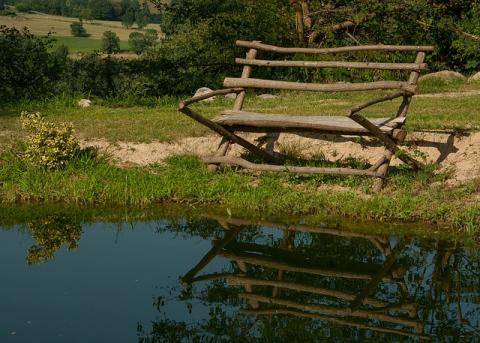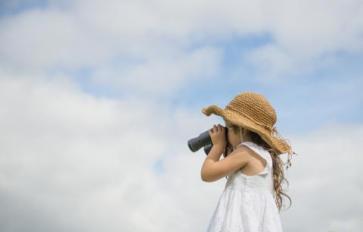
No matter the lifestyle you are living, there are bound to be certain worries that come along with it. I lived “on the grid” for most of my life. In 2012 my little family and I decided to plunge ourselves into the woods and off of the grid. As I studied, practiced, and prepared for this transitional tidal wave of a shift, I realized that my worries and concerns would now be different in many ways. It was interesting then, and still is today, to sit back and compare the differences.
When you move off-grid, it's almost as if some of your worries are completely eliminated while others are replaced, some for the better and some for the worse. After the first couple of months of off-the-grid living, we began noting the differences in our concerns. Calculating monthly bills was one of the better changes for me. With solar power to run necessary pumps, etc., lanterns and candles lighting the house, and wood providing fires to cook and heat with, I had no electric bill at all. The spring-fed cistern and the solar powered pump eliminated the water bill. Being so far out in the wilderness eliminated the high monthly cell phone bill because it was now only for taking pictures and emergencies. Many of the monthly bills you are accustomed to paying when you live on the grid are decreased or eliminated when you move off-grid.
While living on the grid, a lot of my concerns about the weather had to do with driving to work in storms, or if it would be too hot to mow the grass in the afternoon. I did grow gardens before moving off of the grid, but the security of the grocery store down the road provided comfort if the crops did poorly, making my garden supplemental only. Not that we couldn't get to a store from where we live now, but the move was about becoming more self-reliant, self-sufficient, and independent. So after moving off-grid, the weather continued to be on my mind, just in a bit of a different aspect. Will too much rain flood out my lettuce seeds? Will it be too dry for melons? My concerns about the weather shifted to focus on how it would affect our food supply, not how it might merely inconvenience my schedule that day.
Time was less of a concern in many ways. When you move off-grid, your schedule is dictated by the rising and setting of the sun, by the temperature in the air, by the cooperation of the weather. You are not hostage to a specific hour, but you are dependent on your own work ethic in order to survive, and that gives time a different essence/feeling. I was an independent contractor, so I was able to schedule my own work hours. I did eventually receive a battery-operated alarm clock from the farmer down the way when we started work trading with them. Being in a big hurry didn't happen as often as it did on the grid. I had the time to understand the saying “time is of the essence,” and it truly is. Life isn't meant to be lived so fast; we have sped up too much and struggle in many ways that the ancients and elders didn't have to experience.
My worries about life, in general, began to shift in another direction. I was more concerned with living it and finding the lighter side of life. My concerns began to become more focused on life and the bigger picture. Being so deeply integrated with nature I began to worry more about the effects I have on everything and everyone around me. I was able to shift my consciousness and shape understandings of a higher meaning of life. I stopped worrying about dying and started worrying about living; the latter is the lighter of the two, by the way.
Living on the grid is different in a sense that when you live there in the city you are surrounded by windows and mirrors, only ever seeing a reflection of yourself, your own face, time and again. The mind starts racing and self-conscious thoughts start to flow. Living off of the grid in the wilds of raw nature there are fewer mirrors and windows: you have a different view. You no longer see yourself constantly, rather, life and the nature around you are reflected back at you. In this, you also see a reflection of yourself, a true reflection that displays your effect on the world around you. You worry about the baby bird in the bough when it gets too windy or how high the creek might swell from the rain. You worry about nature because you are connected to it.








